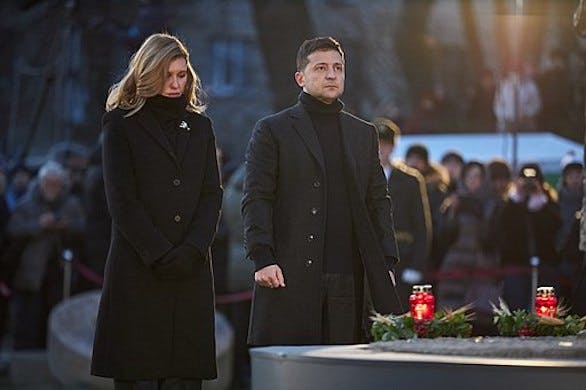
Alabama Lawmakers Consider Bill That Would Make It a Felony To Intentionally Disrupt a Church Service
By BRADLEY CORTRIGHT
|Ukraine’s agriculture minister says today’s Russian offensive echoes the previous century’s anti-Ukrainian agricultural policies and is a direct assault on Ukraine’s food security.

Already have a subscription? Sign in to continue reading

By BRADLEY CORTRIGHT
|
By WILL FRIEDWALD
|
By NOVI ZHUKOVSKY
|$0.01/day for 60 days
Cancel anytime
By continuing you agree to our Privacy Policy and Terms of Service.